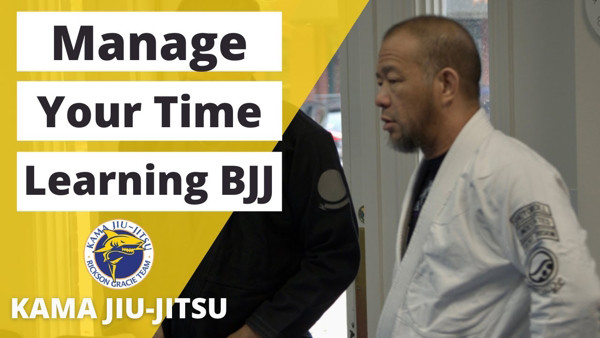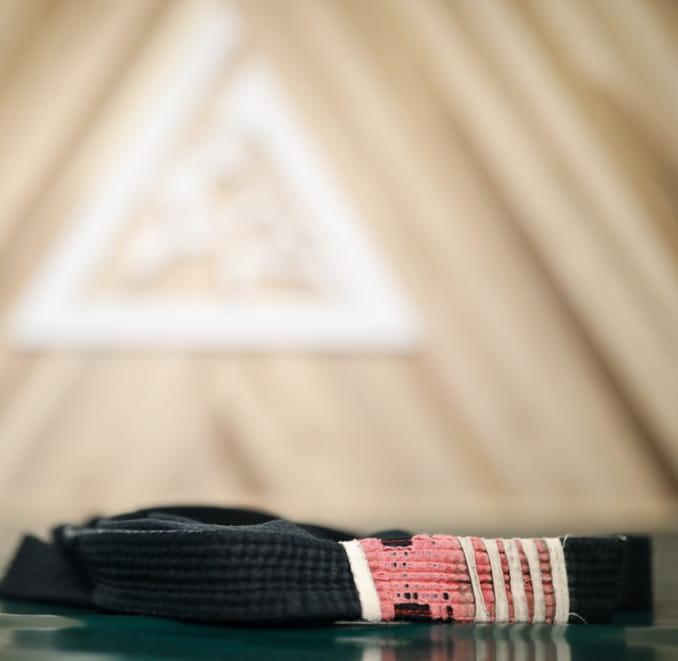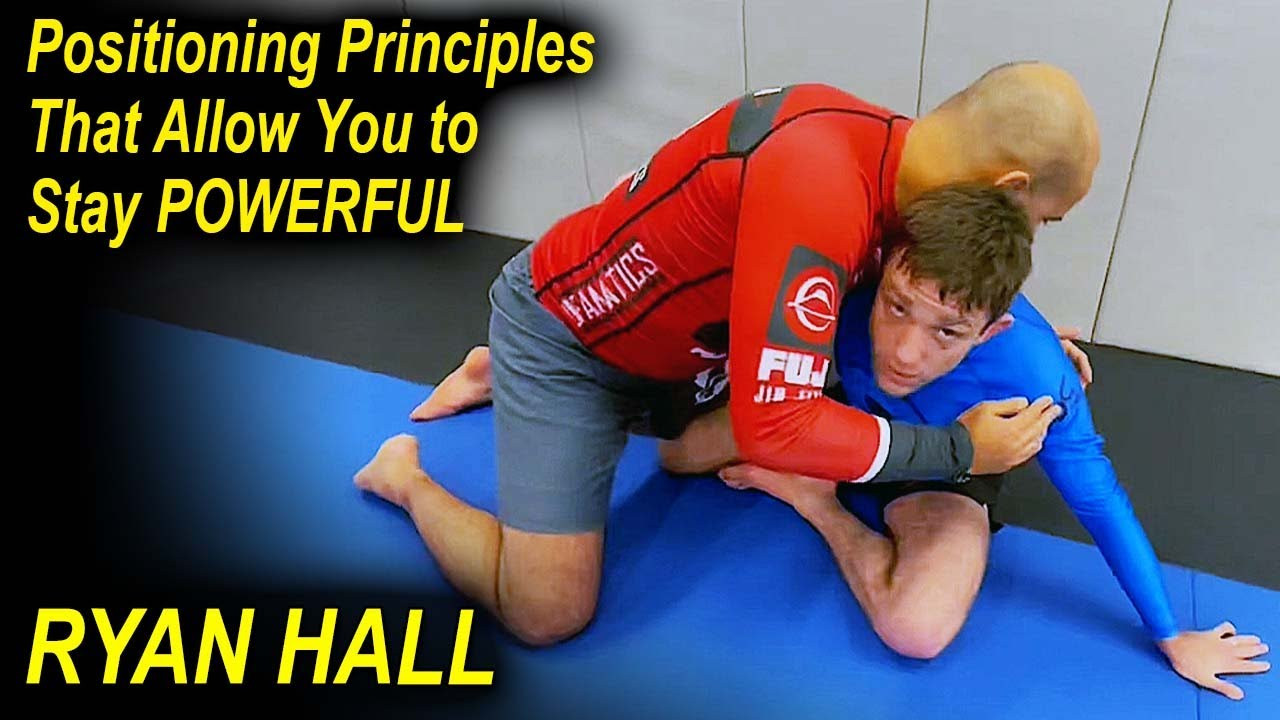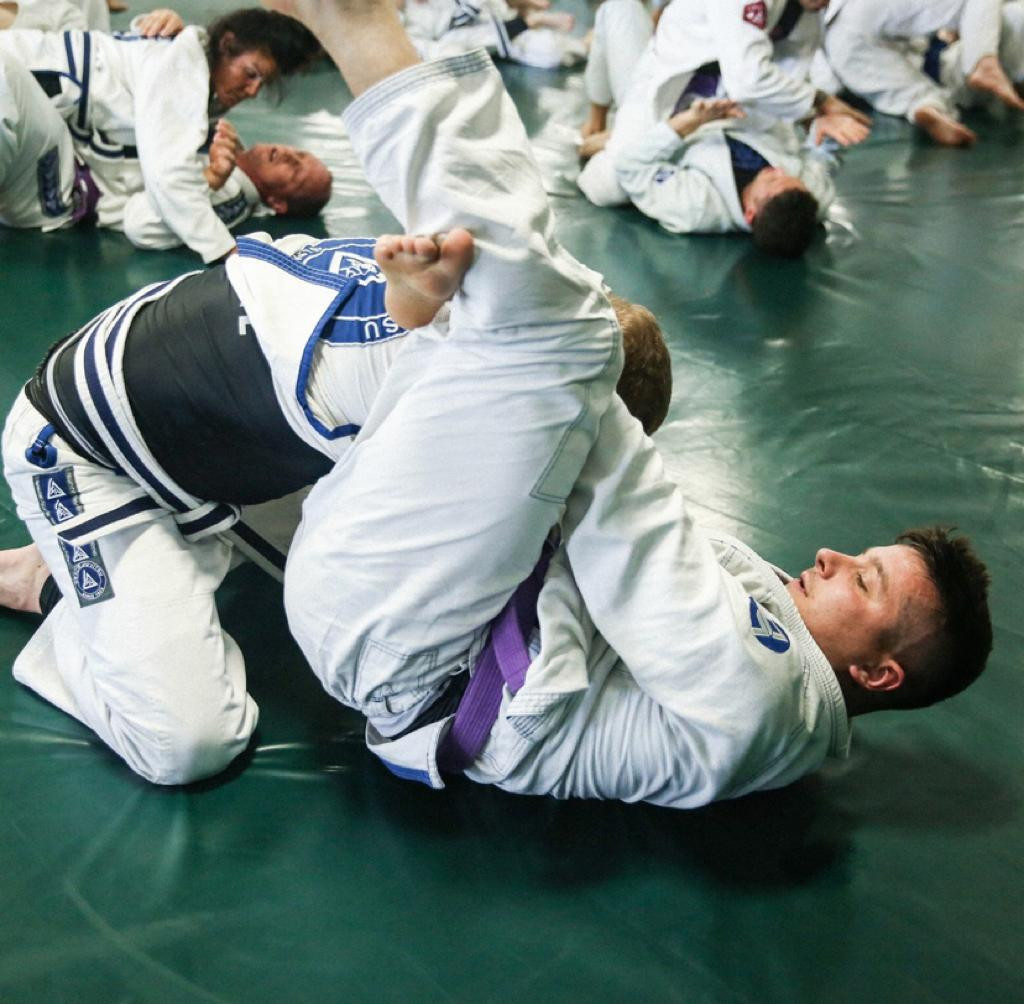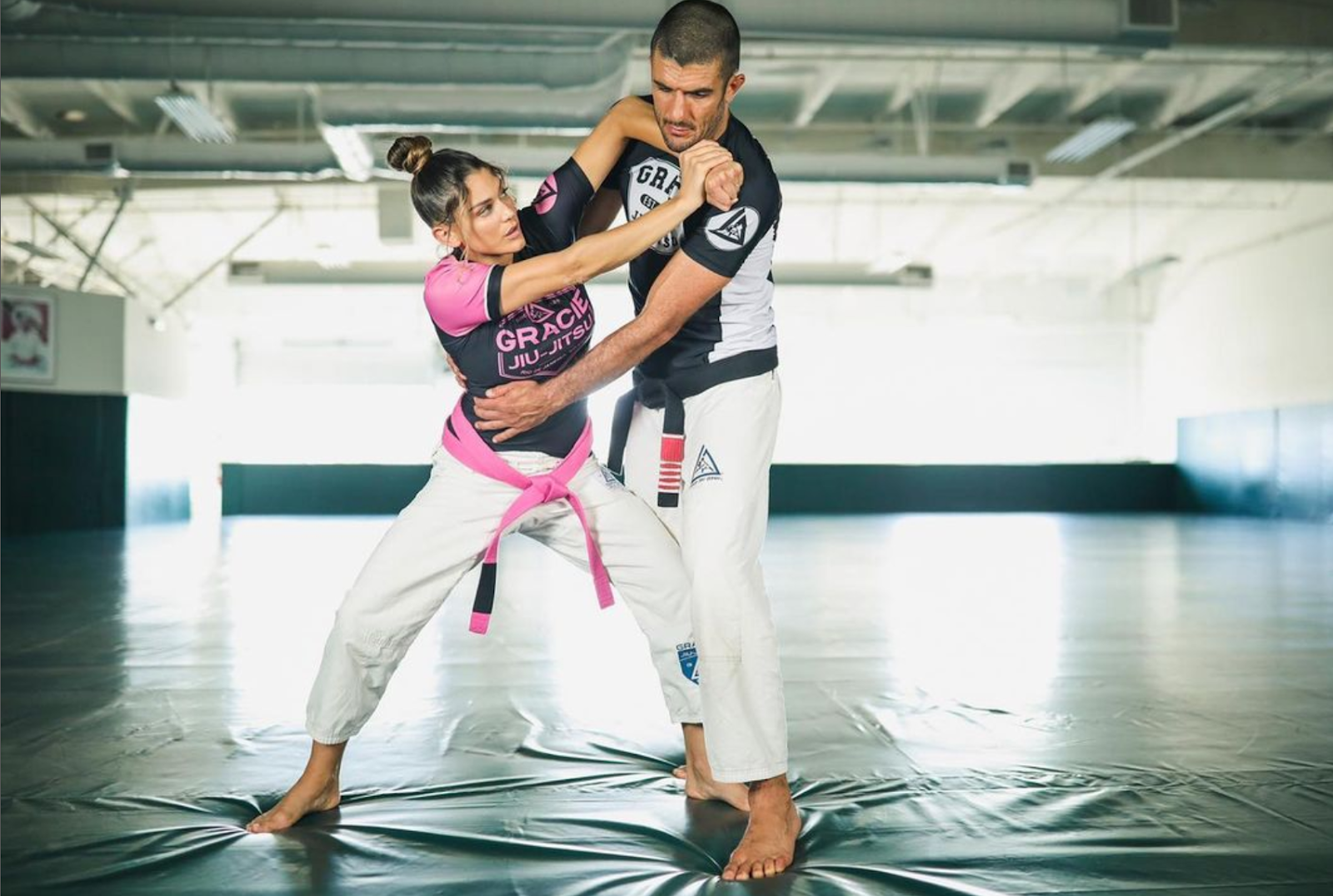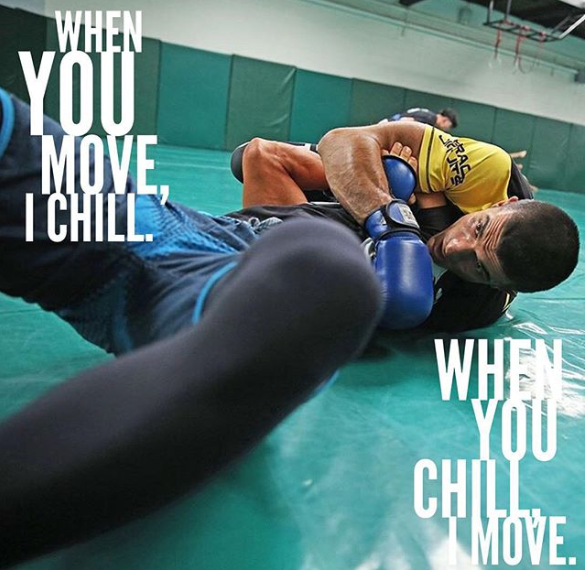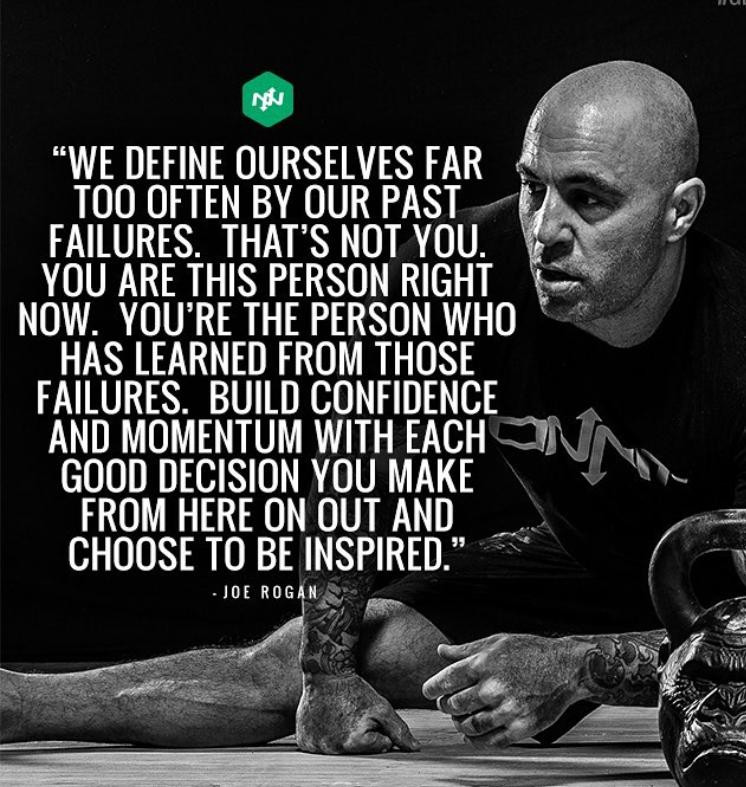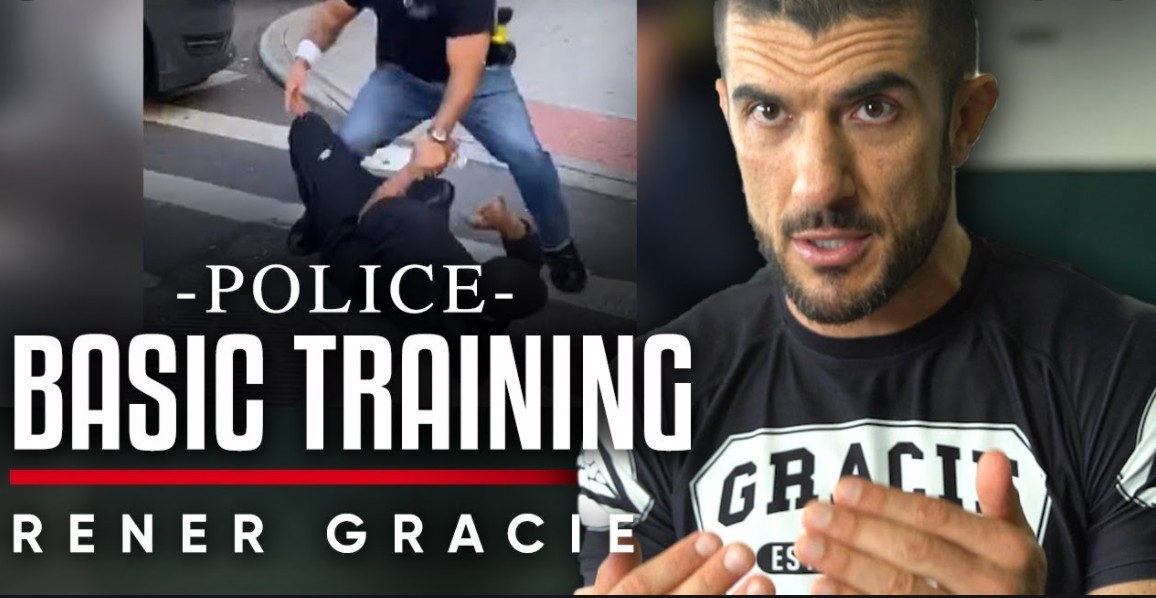Henry Akins and Matt Thornton Part I
The primary goal of jiu-jitsu is survival. To achieve this goal, one needs to be efficient. In order to be efficient, one must have a combination of endurance, confidence, and mastery of technique. As one masters technique, they learn to become more efficient and more effective.
Henry Akins and Matt Thornton Part II
There’s a fallacy that you need to constantly train with people who are better than you if you want to get better. That may be true for some people.
Jiu-Jitsu From Home
There are dozens of life events that can cause you to take a break from jiu-jitsu class. You may simply feel overwhelmed by responsibilities at work, at school, or at home. You may also need to recuperate after an illness or an injury. Then again, a big change may temporarily keep you from the gym, such as starting a new job, the birth of a child, or needing to care for a sick family member. Jiu-jitsu is important, but the health and well-being of you and your family are always more important. In any of these instances, you should simply tell your instructor that you need some time away.
Henry Akins on Injuries
There is a risk of injury when you participate in any sport. In most cases, jiu-jitsu injuries are relatively minor. Following an intense sparring session, you will likely have minor bruises or scrapes. If you are just getting back into sports after years or even decades of living a more sedentary life, you will certainly experience soreness as you get back into shape.
Time Management
Once you start your jiu-jitsu journey, it is an endeavor that you can continue for the rest of your life. It doesn’t matter if you begin at age 6 or age 60. Anyone can start taking jiu-jitsu classes and anyone can improve with practice.
Connections
Connection is a vital part of any martial art where grappling sits front and center, especially jiu-jitsu. As Henry Akins told Bernardo Faria of BJJ Fanatics in the below video, it’s one of the most important concepts to understand in jiu-jitsu because it’s always happening
Developing Your Defense
Even if you have been to several classes and know a few moves, you are not really doing jiu-jitsu. You’re just using these moves in a slapdash way as you try to defend yourself and survive. Eventually, however, you begin to develop a coherent defense.
Using Jiu Jitsu To Escape Being Pinned
All martial arts classes will teach students how to defend themselves should they get into an altercation. Not all martial arts are the same. There are numerous styles and within these styles there are different approaches that cater specifically to people who want to just learn the basics of self-defense or to people who want to become the next MMA superstar.
The Jiu Jitsu Belt Trap
Training jiu-jitsu is like learning other skills. It does not take a lot of studying to understand the basics and to get to a point where you feel confident in your abilities. In fact, within just a few months of training you may feel as though you have a firm grip on many of the fundamentals that form the foundation of jiu-jitsu.
Jiu Jitsu Fundamentals: Structure Dictates Success
Ryan Hall has become very well-known within the jiu-jitsu community and among fans of mixed martial arts because he managed to become an elite fighter very quickly. Within just five years, he went from being someone with no jiu jitsu experience to competing in some of the biggest tournaments in the world. His grappling skills are so amazing that they have earned him the nickname “The Wizard.”
Losing to a Lower Belt - Navigating Your Jiu Jitsu Journey
Just because you get your blue belt doesn’t mean that you will only roll with other blue belts. Blue belts roll with purple belts, as well as white belts. As a blue belt, you will likely feel nervous when going up against a purple belt because they are a more advanced fighter than you. However, some blue belts are apprehensive about going up against white belts because they don’t want to get tapped by a lower belt.
Self-Defense Mindset: Don’t fight the attack, Fight the attacker’s objective
Jiu-jitsu has an extremely long track record of helping smaller and less physically strong people in a fight. From its inception, Gracie Jiu-Jitsu has been conceptualized as a complete martial arts system based on technique rather than raw strength or speed. While jiu-jitsu has evolved as a martial art in its 100-year history and become far more popular in mixed martial arts tournaments, it continues to be a highly effective and universal method for self-defense.
In Jiu Jitsu – Don’t trust your instinct
When you watch people using jiu-jitsu, you may see a lot of holds, chokes, and the occasional strike, but at its core jiu-jitsu is a technique of self-defense. The theory underlying this technique is based on conserving energy, waiting for your opponent to make a mistake, and most importantly survival. This obviously requires patience, but it also means you need to feel comfortable in a defensive position so that you can weather the storm of your opponent’s offensive without panicking and slipping up.
How Habits Shape Our Jiu Jitsu Training
No matter what kind of skill, talent, or ability you’re trying to develop, it takes time. You need to put in a lot of effort, and this means doing the same thing over and over and over again. Repetition allows you to develop muscle memory and to perfect technique. For a musician, this means running a lot of scales in different positions. For a bodybuilder, this means doing a lot of lifts that target different muscle groups. If you’re trying to learn jiu-jitsu, this means doing the same moves with different partners.
How Jiu Jitsu Can Be a Force For Change for Police and Our Community
Police reform remains a hot-button issue, but there are two general premises with which most people agree:
- Police should only use force as a last resort.
- If police are going to use force, it should not be excessive or result in serious injury anyone involved in the incident.

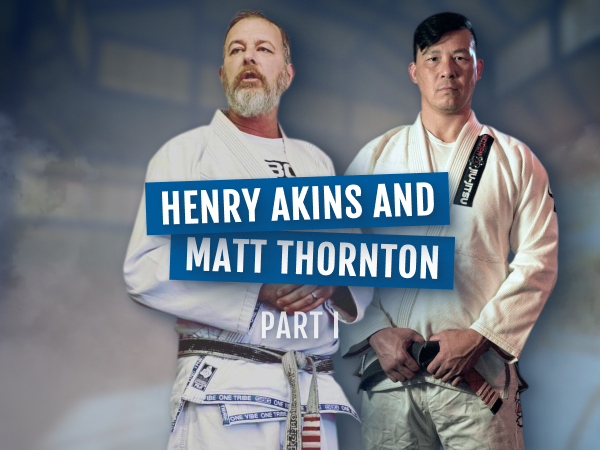
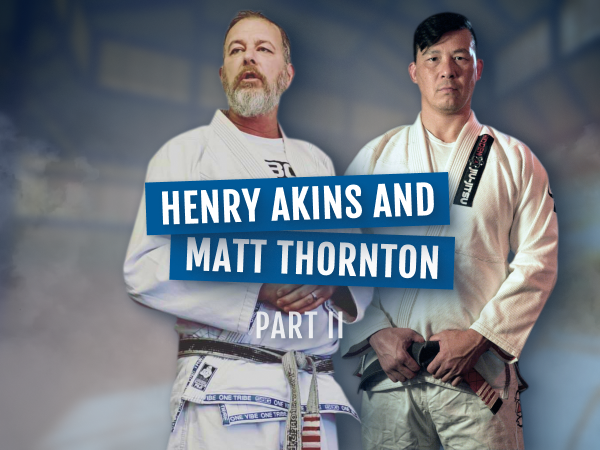
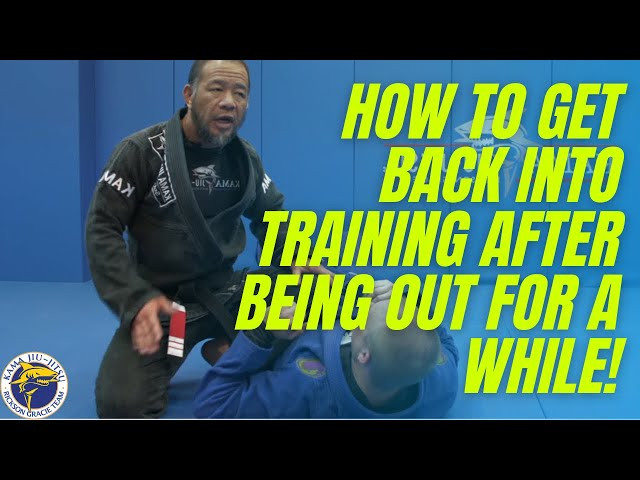
.jpg)
